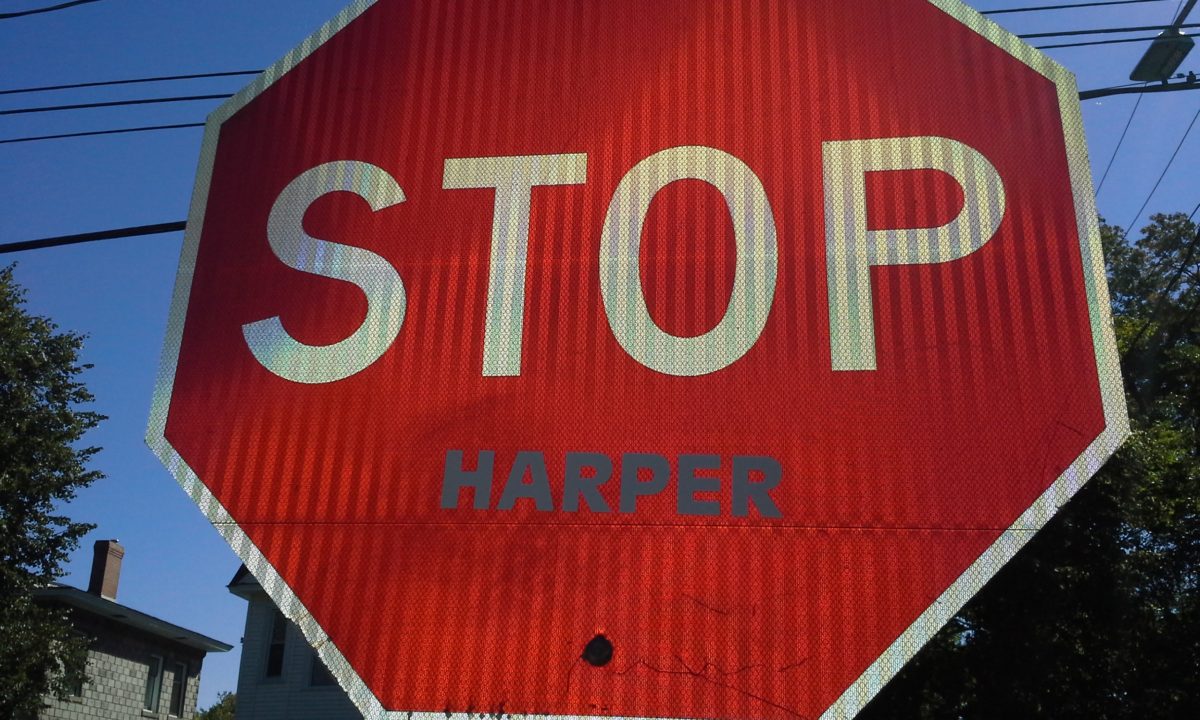A group of Frederictonians are looking to mobilize candidates around the local candidate who is in the best position to defeat Conservative MP Keith Ashfield in the federal election.
Julia Hansen, a fourth-year nursing student at UNB, has been working with LeadNow to accomplish this goal.
“What we’ve been doing over the summer, and really through the winter, is organizing a bloc of voters in Fredericton who agree to vote strategically for the candidate who has the best chance of defeating the conservative candidate,” said Hansen.

Strategic voting is a response to the widespread vote splitting that occurred in the 2011 federal election. In 2011 the rise of the NDP caused many Liberal seats to turn Conservative, because the centre-left vote was more evenly split.
The decision of who LeadNow will support isn’t a matter of opinion, there are hard numbers to back up that decision.
“We’ve done one poll, and we’re going to do at least one more poll before the election,” said Hansen. “We can determine based on that data who has [the] best chance [of victory].”
Even with the formation of groups like LeadNow, some are cautious about the popularity of strategic voting.
“I think it’s pretty hard to say [how prevalent strategic voting is,]” said Thomas Bateman, a political science professor at St. Thomas University. “I don’t think it’s a terribly widespread, or popular mechanism for voting.”
Bateman said he was not aware of a specific jurisdiction where strategic voting was shown to have an impact on the result, however he did say that some personalities have been successful in urging voters not to vote for a party. The example he gave was former Newfoundland and Labrador premier Danny Williams, who’s ABC campaign decimated the federal conservatives in the province.
While LeadNow may seem like an organization whose sole purpose is to unseat the Conservatives. Hansen said this is not the case.
“Once we get these MP’s elected the next step after the election is going to be, ‘how can we hold them accountable to these goals that we have, that we think will create a better Canada down the road,’” said Hansen.
It is also not just about who is most likely to defeat the Conservatives. Hansen said that there is a fail safe point to their endorsement.
“I always use an extreme example. Say the NDP candidate in Fredericton was poised heavily to defeat the Conservatives, they had the best shot of all of them. But the NDP candidate comes out and tells us, ‘I’m going to cut down every single tree in New Brunswick,’” said Hansen. “We’d be like, ‘That doesn’t really work for us.’”
